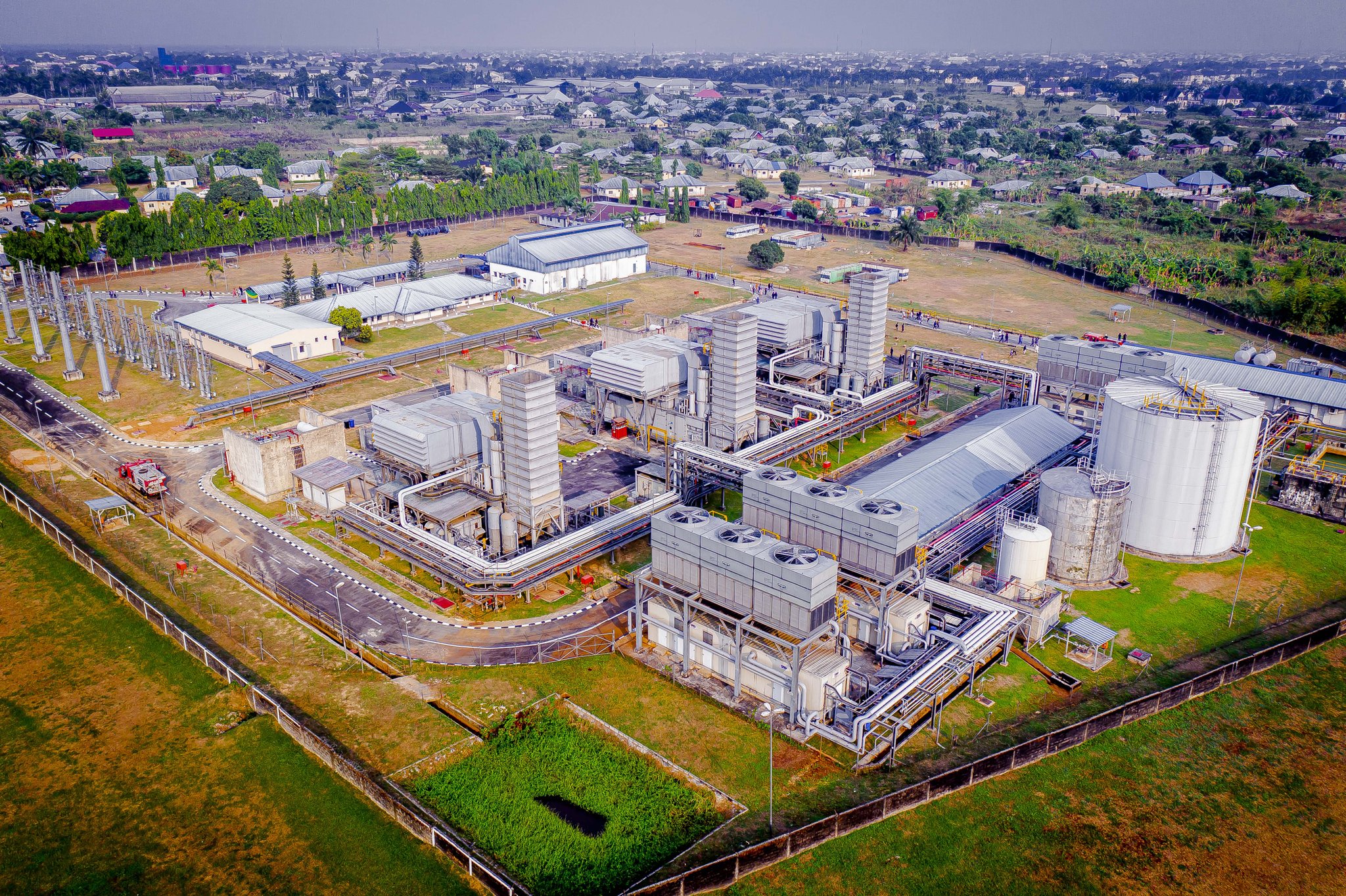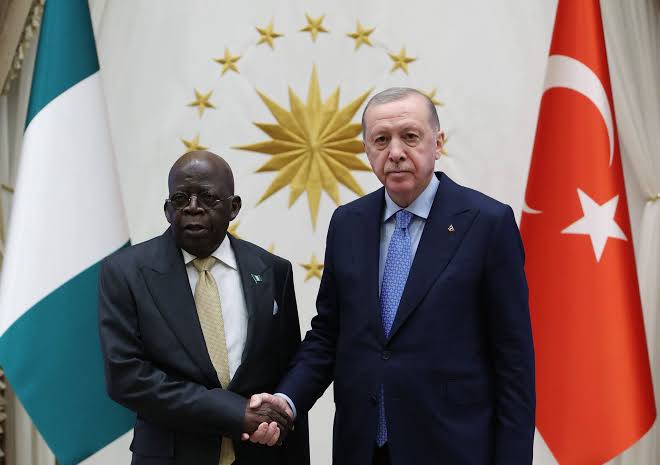The IMF’s resident representative in Nigeria, Ari Aisen, asserts that lower inflation and stable currency rates will draw more foreign investment to the country.
According to Arise News, Aisen declared, “Investments may start entering Nigeria if inflation could be reduced and the exchange rate was more stable. For the entire country, there are numerous opportunities sprouting up. The possibility has existed and will continue to exist.”
The IMF representative emphasized that the Federal Government must implement the required policies to lower its demand for assistance.
“It is crucial that policies, particularly fiscal policy, be put in place to lessen the government’s need for financing,” he said. The removal of fuel subsidies was a crucial move because they accounted for 2% of GDP in the previous year and increased the country’s debt load and funding requirements.
He urged against any policy changes, pointing out that the economy would probably benefit more from the current transition.
Aisen pointed out that Nigeria was going through a transformation, which might be difficult for the country.
He emphasized, however, that those who are weak and in need must be shielded from such suffering.
He stated, “There is no simple solution to these problems. We are constantly aware that there will be a change that will be painful for everyone involved. It is critical that the elite, the government, and the commercial sector work together to advocate a solution that truly spares the suffering of society’s most vulnerable members. This time, the burden must not fall on the weakest.
“Investments will eventually return to the country from both abroad and locally if we pass this transition,” Aisen continued.
“There is confidence, and the consequent increase in employment is logical. With this inclusivity, rapid economic growth, and job creation, everyone in society is included.”
The IMF representative urged Nigerians to concentrate more on resolving the issues causing this severe debt situation by stating that Nigeria’s entire debt profile, at over N87 trillion, was still within the reasonable threshold of any country.









